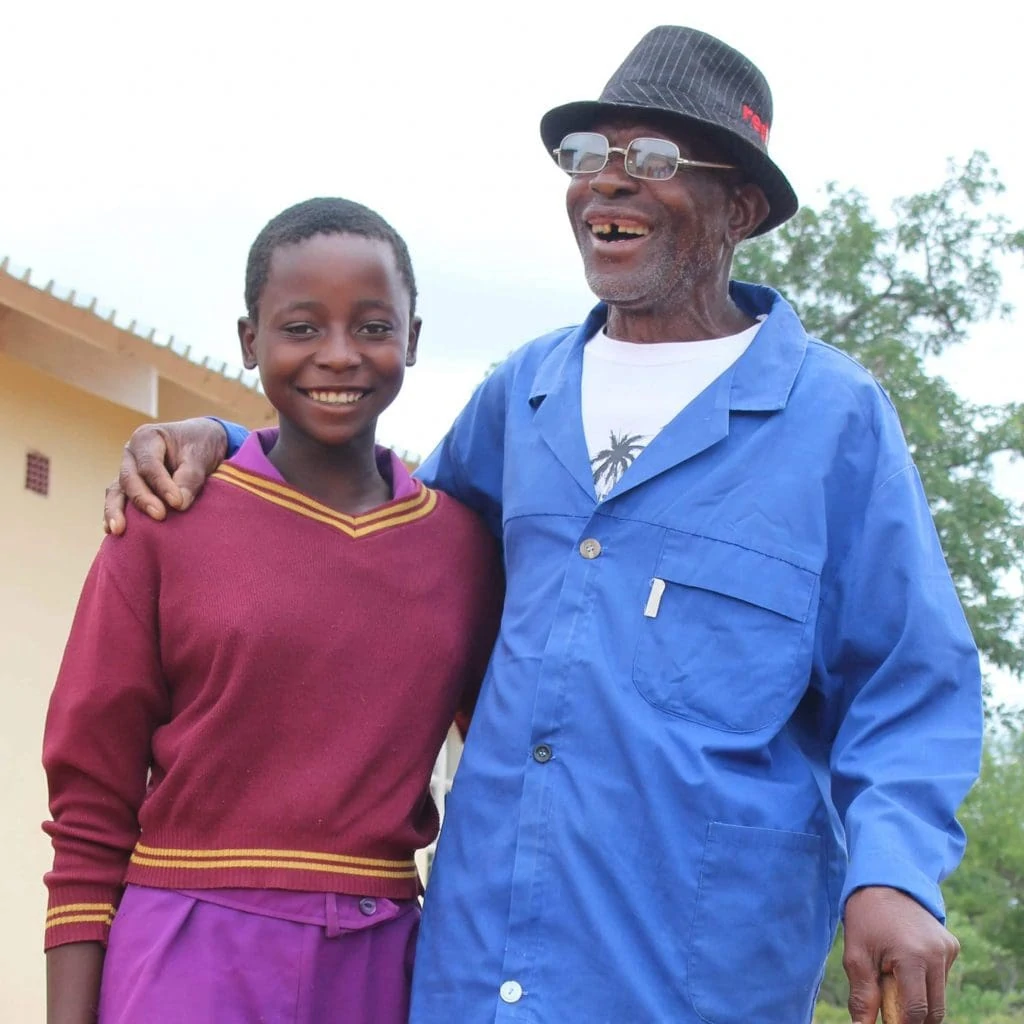In the Zimbabwean Bubi mini-district one in five people is infected with HIV. However, those affected have hardly any access to medical help. Together with our partner organisation Bekezela, we train young people to protect themselves properly against HIV/AIDS and early pregnancy.
In the secondary school Bubi the lessons are a bit different today. Mary Ndlovu's class is visited by the social worker Sithokozile Nongo. She works at Bekezela, a partner organisation of terre des hommes switzerland. The 12- to 14-year-olds listen spellbound to the radio programme she plays for the pupils. Bekezela uses such radio plays for sex education in Bubi. The topic is a fixed part of the curriculum. But Mary Ndlovu is glad to have Bekezela's support, who make sex education exciting.
The class listens to the story of a young girl who becomes pregnant and on top of that is infected with HIV. The father of the unborn child is much older and has lured the girl with false promises of money and love. Such stories are unfortunately not uncommon in Bubi. Some in the class know girls who have had this experience themselves.
The young girls are easy prey for the miners who come here from all over the country," says Sithokozile Nongo. "Bubi has become a kind of melting pot for different national cultures - with devastating consequences for local sexual health," says Innocent Mlambo, director of Bekezela.
Many of the girls and boys know enough about sexuality. However, they are often not able to apply this knowledge. Often the girls are not self-confident enough to reject sex or demand protected sexual intercourse. Therefore, their self-esteem, communication and negotiation skills need to be strengthened as well.
If a girl becomes pregnant as in a radio play and becomes infected with HIV, she often receives medical care much too late or not at all. One reason for this is the poor medical care in Bubi: although the region is nominally rich, most health centres are located far away. On the other hand, many girls do not dare tell their parents until late in life.
Pregnant girls are often seen as guilty, put under pressure and treated badly. Early medical care would be important here. Especially for HIV-infected girls. In such cases it is important to protect the unborn child from infection.
Bekezela therefore also involves the parents and guardians of the young people and helps them to better understand their situation. It is just as important to work with the medical staff or teachers and to sensitize them to the needs of the young people. Only in this way can the health situation of the young people be improved in the long term.
How important and positive this work is can be seen at the school exit, where a grandfather is waiting for the young people with other guardians. After their parents died of AIDS, he took in his granddaughter Nobuhle. "I am so proud of her," he says. "Thanks to Bekezela's parenting classes, I now know much better how to help her. I'm very grateful for that."


